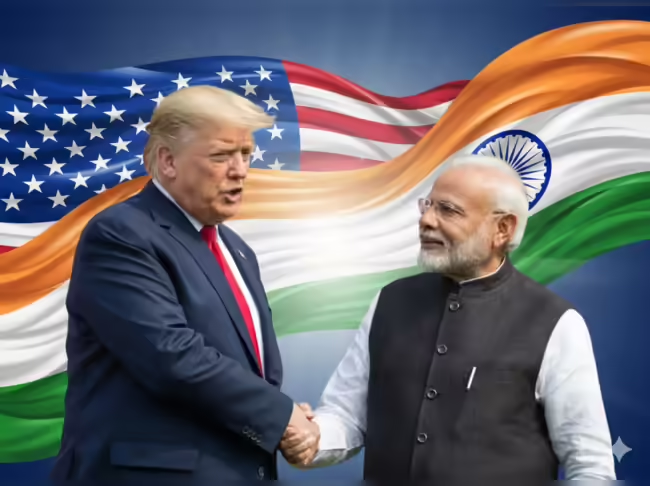The case of Gideon Kibet, better known as Kibet Bull, a Kenyan cartoonist renowned for his satirical critique of political figures, has stirred national and international attention. His alleged abduction on December 24, 2024, and subsequent release on January 6, 2025, has become a focal point in discussions about freedom of expression, human rights, and state authority in Kenya.
1. The Abduction
Kibet Bull disappeared shortly after meeting with Busia Senator Okiya Omtatah in Nairobi. Reports suggest that:
- Kibet traveled from Nakuru to Nairobi to discuss joining Senator Omtatah’s presidential campaign team.
- After the meeting, he was dropped off at Kencom Bus Stage to travel to Kikuyu but never arrived.
- His phone went off, and efforts to trace him, including a report filed at Upper Hill Police Station, were unsuccessful.
2. Allegations and Denials
The incident has sparked allegations and denials:
- Senator Omtatah accused officers from the Directorate of Criminal Investigations (DCI) of orchestrating the abduction. He cited a white Subaru Forester with surveillance equipment tailing Kibet during the day.
- The DCI, however, denied involvement, emphasizing their commitment to investigating the claims. Reports indicate the suspicious vehicle had a fake number plate, deepening the mystery.
3. Public and Political Reactions
The abduction led to widespread condemnation:
- East African Cartoonists’ Society (KATUNI) decried the attack on free speech, linking it to a pattern of intimidation targeting government critics.
- Human rights activists and political leaders demanded accountability and called for Kenya to ratify international conventions against enforced disappearances.
- Social media platforms, particularly X (formerly Twitter), became rallying points for raising awareness. Users shared Kibet Bull’s artwork to highlight the importance of free expression and justice.
4. Impact on Family
The ordeal has taken a toll on Kibet’s family:
- His mother, Caroline Mutai, was hospitalized due to stress-induced high blood pressure.
- The family also grappled with the disappearance of Kibet’s brother, Rony Kiplagat, who was abducted earlier, compounding their anguish during the holiday season.
5. Release and Aftermath
Reports of Kibet’s release emerged on January 6, 2025:
- He was found in Luanda, Vihiga County, around 3-4 AM. Posts on X from Kibet confirmed he was unfamiliar with the area but managed to find temporary refuge at a local venue before booking a ticket to travel home.
- His family and human rights activists confirmed his release, bringing some relief but leaving unanswered questions about the circumstances surrounding his abduction and detention.
6. Broader Implications
The Kibet Bull case highlights several critical issues in Kenya:
- Freedom of Expression: Kibet’s art, known for its bold critique of Kenyan politics, has made him a symbol of resistance. His silhouette-style political caricatures often targeted President William Ruto, resonating with audiences but also drawing ire from political supporters.
- Civil Liberties and Safety: The situation underscores concerns about the safety of activists and government critics. Reports of mistaken identity raids on others believed to be Kibet further illustrate the risks faced by dissenters.
- State Accountability: While President Ruto has pledged to end abductions, calls for transparency and justice persist. The incident raises broader concerns about the protection of fundamental rights and the role of the state in ensuring a free and democratic society.
7. Public Sentiment
The public response to Kibet’s disappearance and release has been profound:
- His art has become a rallying point for discussions on governance and human rights.
- Social media campaigns have kept the issue alive, with hashtags and posts demanding justice for Kibet and others in similar situations.
Conclusion
While the release of Kibet Bull brings a sense of relief, the case raises urgent questions about civil liberties in Kenya. His work continues to serve as a powerful critique of governance, and the public outcry reflects a deep-seated demand for accountability, justice, and respect for freedom of expression. The broader implications of this case will likely remain a topic of national and international discourse.



